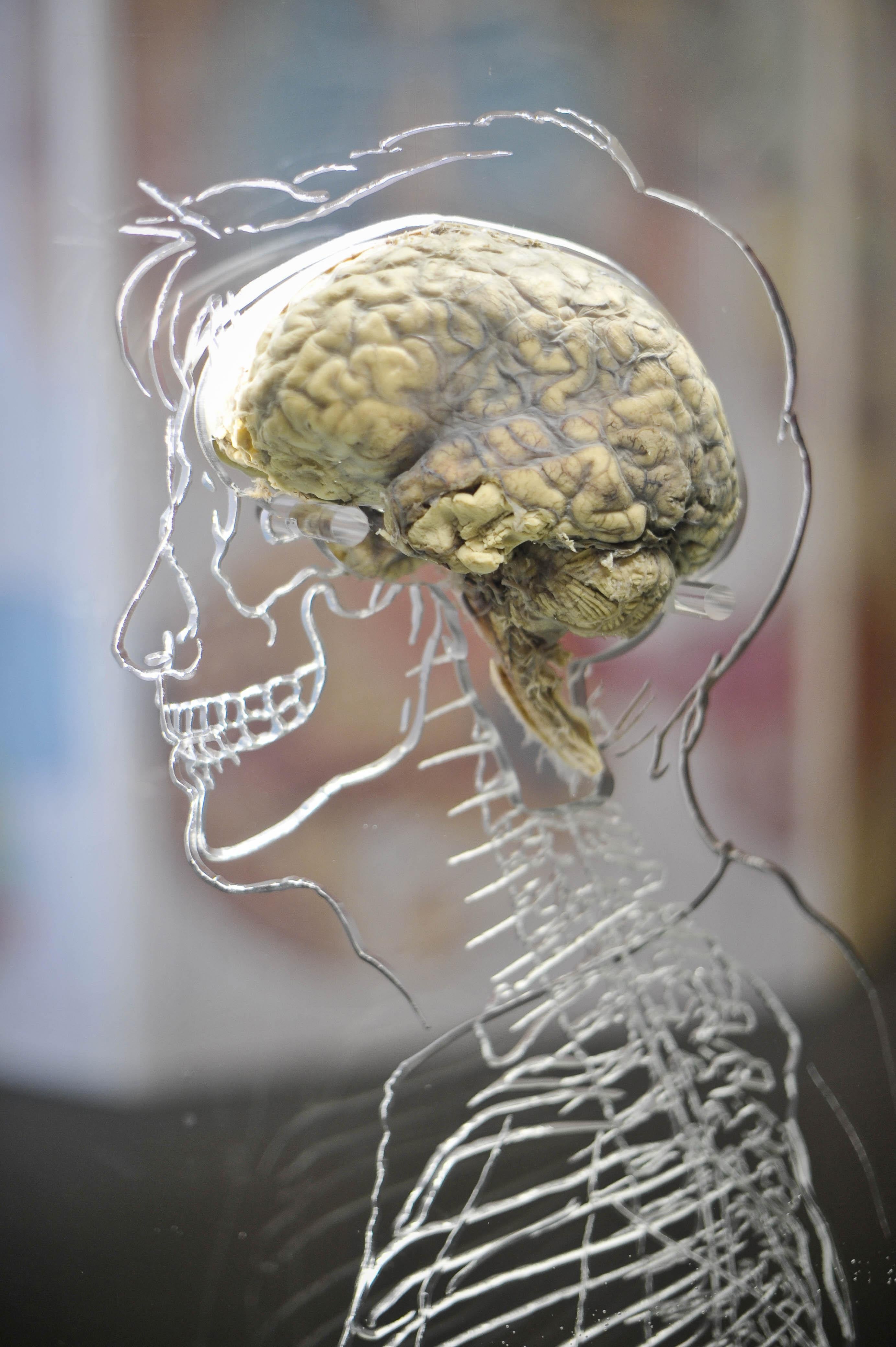Single brain scan could diagnose Alzheimer’s disease, study suggests
With no cure for Alzheimer’s, an early diagnosis allows patients to access help and support.

Your support helps us to tell the story
From reproductive rights to climate change to Big Tech, The Independent is on the ground when the story is developing. Whether it's investigating the financials of Elon Musk's pro-Trump PAC or producing our latest documentary, 'The A Word', which shines a light on the American women fighting for reproductive rights, we know how important it is to parse out the facts from the messaging.
At such a critical moment in US history, we need reporters on the ground. Your donation allows us to keep sending journalists to speak to both sides of the story.
The Independent is trusted by Americans across the entire political spectrum. And unlike many other quality news outlets, we choose not to lock Americans out of our reporting and analysis with paywalls. We believe quality journalism should be available to everyone, paid for by those who can afford it.
Your support makes all the difference.Alzheimer’s disease could be diagnosed from a single brain scan, allowing it to be identified at an early stage, a new study suggests.
The research uses artificial intelligence to look at structures of the brain, including in regions not previously associated with Alzheimer’s.
Scientists suggest the advantage of the technique is its simplicity and the fact that it can detect the disease in its early stages.
While there is no cure for Alzheimer’s, an early diagnosis allows patients to access help and support, have treatment to manage their symptoms and plan for the future.
Currently no other simple and widely available methods can predict Alzheimer’s disease with this level of accuracy, so our research is an important step forward
Being able to accurately identify patients at an early stage of the disease will also help researchers understand brain changes that trigger the disease, and support development and trials of new treatments.
Professor Eric Aboagye, from Imperial College London’s department of surgery and cancer, who led the research, said: “Currently no other simple and widely available methods can predict Alzheimer’s disease with this level of accuracy, so our research is an important step forward.
“Many patients who present with Alzheimer’s at memory clinics do also have other neurological conditions, but even within this group our system could pick out those patients who had Alzheimer’s from those who did not.
“Waiting for a diagnosis can be a horrible experience for patients and their families.
“If we could cut down the amount of time they have to wait, make diagnosis a simpler process, and reduce some of the uncertainty, that would help a great deal.
“Our new approach could also identify early-stage patients for clinical trials of new drug treatments or lifestyle changes, which is currently very hard to do.”
Doctors currently use a number of different tests to diagnose Alzheimer’s, including memory and cognitive tests and brain scans.
The scans check for protein deposits in the brain and shrinkage of the hippocampus, the area of the brain linked to memory.
But all of these tests can take several weeks to arrange and to process.
The new technique requires just one of these – a magnetic resonance imaging (MRI) brain scan taken on a standard 1.5 Tesla machine, which is commonly found in most hospitals.
Researchers adapted an algorithm developed for use in classifying cancer tumours, and applied it to the brain.
They divided the brain into 115 regions and allocated 660 different features, such as size, shape and texture, to assess each region.
They then trained the algorithm to identify where changes to these features could accurately predict the existence of Alzheimer’s disease.
Using data from the Alzheimer’s Disease Neuroimaging Initiative, the team tested their approach on brain scans from more than 400 patients with early and later stage Alzheimer’s, healthy people and patients with other neurological conditions, including frontotemporal dementia and Parkinson’s disease.
They also tested it with data from over 80 patients undergoing diagnostic tests for Alzheimer’s at Imperial College Healthcare NHS Trust.
The researchers found that in 98% of cases, the MRI-based machine learning system alone could accurately predict whether the patient had Alzheimer’s disease.
It was also able to tell the difference between early and late-stage Alzheimer’s with fairly high accuracy, in 79% of patients.
Dr Paresh Malhotra, who is a consultant neurologist at Imperial College Healthcare NHS Trust and a researcher in Imperial’s Department of Brain Sciences, said: “Although neuroradiologists already interpret MRI scans to help diagnose Alzheimer’s, there are likely to be features of the scans that aren’t visible, even to specialists.
“Using an algorithm able to select texture and subtle structural features in the brain that are affected by Alzheimer’s could really enhance the information we can gain from standard imaging techniques.”
This analysis does not require an expert to run, uses MRI brain scanning technology which is already available, and is 98% accurate in distinguishing brain changes due to Alzheimer’s disease
The findings are published in the Communications Medicine journal.
Dr Richard Oakley, associate director of Research at Alzheimer’s Society said: “We estimate there are around 900,000 people living with dementia in the UK, with over 250,000 people with dementia living without a diagnosis.
“Having a diagnosis is vital as it opens the door to treatment to manage symptoms and support, and helps individuals and families plan for the future.
“This new MRI-based analysis method could simplify the Alzheimer’s disease diagnosis process.
“This analysis does not require an expert to run, uses MRI brain scanning technology which is already available, and is 98% accurate in distinguishing brain changes due to Alzheimer’s disease.
“This could help clinicians come to an accurate Alzheimer’s disease diagnosis more quickly and easily. “